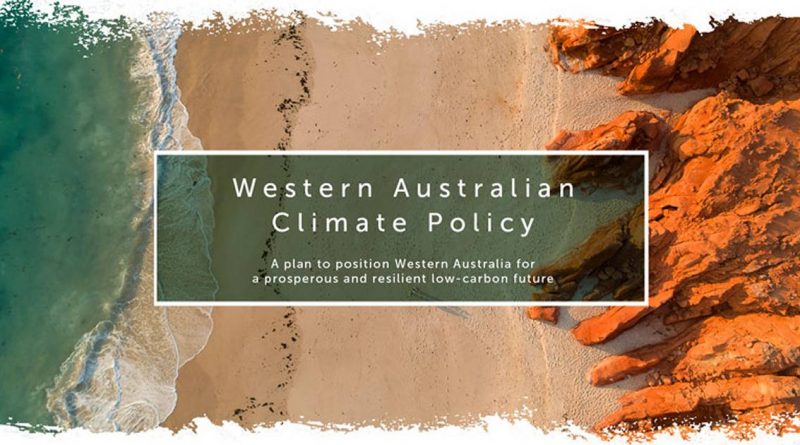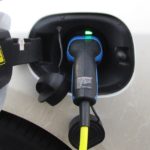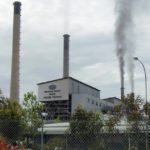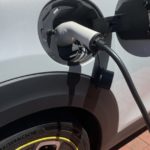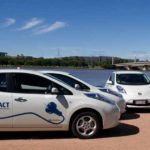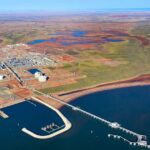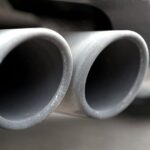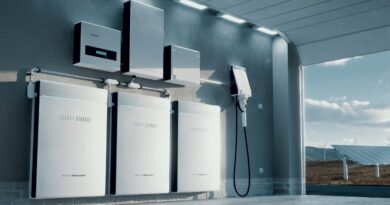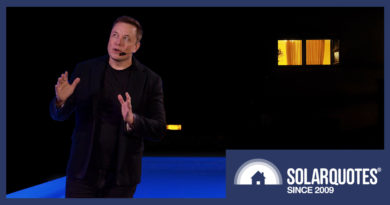Western Australian Climate Policy Unveiled
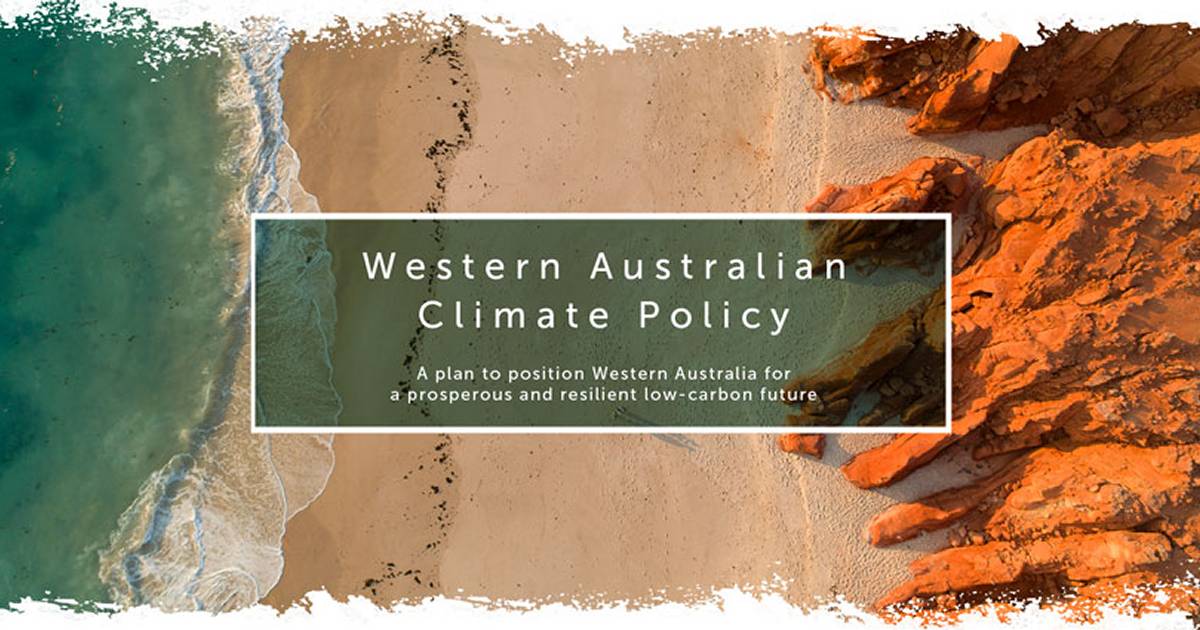
The McGowan Government released its long-awaited Western Australian Climate Policy yesterday afternoon – and not everyone is happy.
WA Minister for Environment Policy Stephen Dawson says the Policy draws together a number of climate change actions already in progress and sets out new commitments to support the Government’s vision of a resilient, low‑carbon future for the state.
“This policy demonstrates the State Government’s commitment to work with all sectors of the economy to achieve net zero greenhouse gas emissions by 2050,” said Minister Dawson.
WA’s goal of net-zero greenhouse gas emissions by 2050 announced in 2019 is an aspirational target rather than legislated, and it doesn’t appear the McGowan Government has any intention of enshrining it in legalisation.
In terms of solar power, the Policy mentions close to one in three WA households have rooftop solar panels installed and this is expected to become one in two over the next decade. While feed-in tariffs in WA were recently slashed, what will help to continue driving uptake is the fact Perth has the lowest cost rooftop solar in the world – and Perth is home to more than three-quarters of the state’s population.
Electric Vehicle Strategy
Among the new actions in the Policy is the McGowan Government’s $21 million Electric Vehicle Strategy. It includes an initiative to construct an electric vehicle charging infrastructure network from Perth to Kununurra in the North, Esperance in the South and Kalgoorlie in the East.
Innovation and ICT Minister Dave Kelly says this would see Western Australia home to one of the world’s longest electric vehicle charging infrastructure networks in a single state.
The State Government will also commit to a target of acquiring at least 25 per cent electric vehicles across “eligible vehicles” in the State fleet, and EV charging stations will be installed in government buildings. Additionally, the Strategy will also involve the development and updating of standards, guidelines, and requirements for planning approval, as well as raising consumer awareness and knowledge of EVs.
“The global uptake of electric vehicles is one of the most exciting opportunities for Western Australia to create jobs and support economic growth the economy as part of the low-carbon transition,” said WA Premier Mark McGowan.
CCWA: Disappointing
The virtual ink of the policy hardly had time to dry before criticism started rolling in; particularly from the Conservation Council of WA – an organisation representing more than 100 community environmental organisations from across the state.
While acknowledging the policy contains some positive initiatives including the Electric Vehicle Strategy, these were seen as minor in comparison to those in other states. CCWA also expressed dismay at what it said was a failure in the policy to address growing emissions fuelled by WA’s gas industry.
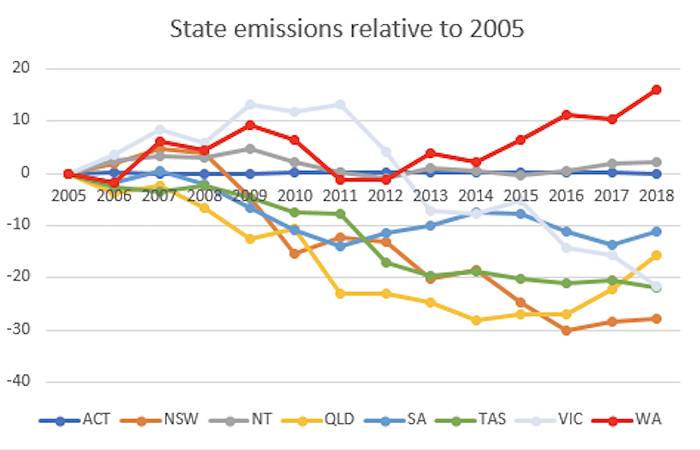
via CCWA (source not mentioned)
“The rest of Australia and our largest trading partners are striding ahead while WA risks being left behind with a policy that provides little certainty to how WA’s emissions will be reduced,” said Conservation Council of WA Director Piers Verstegen.
Mr. Verstegen said a report released last week titled Captured State exposes the extent of the influence of the gas lobby on the McGowan Government.
Original Source: https://www.solarquotes.com.au/blog/wa-climate-policy-mb1782/

